

To Oisn, Rohan and Aoife A.B.
To Sonny, Ollo and G.G. B.L.
For Kaz, Ethan and Stevie S.G.




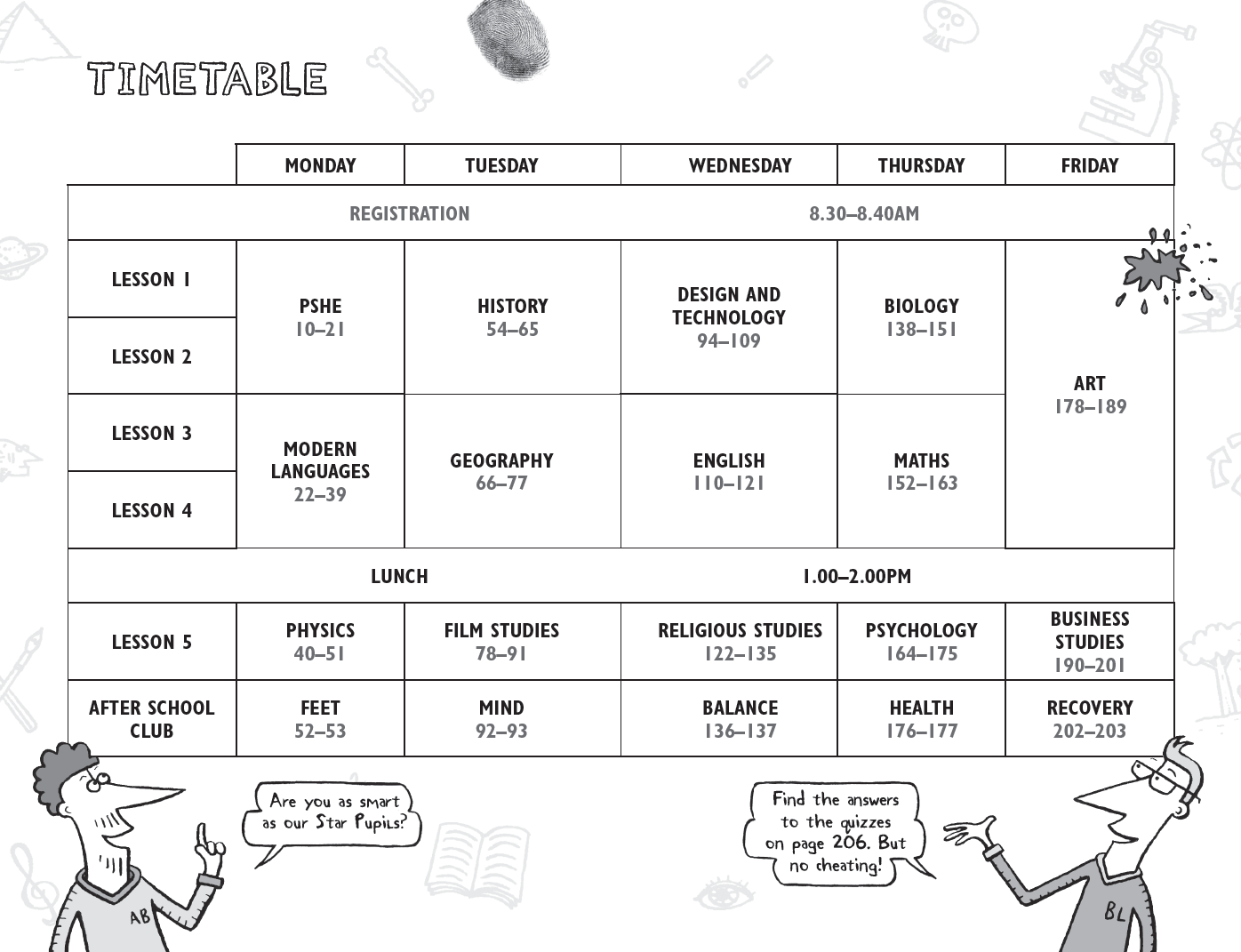

H ello, everyone! Its the beginning of Season 2 at Football School, and were going to start by revealing a stinky ritual that footballers perform at the beginning of every season.
Professional footballers must provide their clubs with small tubes of their finest pee!
Can you imagine it? Yuck!
But its true. The players all head to the loo, where each of them piddles into a small container. They hand over the flask of their warm, golden liquid to the team doctors, who test it.
Pee is mostly water, but it also contains small amounts of other substances. Doctors check these substances for health problems like infection, diabetes and disease, which may otherwise go unnoticed.
In this lesson well find out what you can learn from your pee. Well be looking at the water system in our bodies: fluids go in, fluids go out, and fluids go all about.
Are you thirsty for this knowledge? Drink up!


A SWEATY JOB
Water goes into our bodies in the form of food and drink.
Water leaves our bodies in our pee and sweat. There are also small amounts in our poo and breath. Well come to pee later, but first heres the juice about sweat.
Sweat is the bodys tool for cooling itself down. When the weather is hot or were exercising, our bodies warm up and we sweat.
Sweat is made up almost entirely of water, with a pinch of salt, which is why it tastes a bit salty. On the surface of our skin are millions of sweat glands, which are tiny tubes that produce sweat. When sweat comes out of the glands it appears on the outside of the skin. Once the sweat is on the skins surface, it starts to disappear into the air, a process called evaporation. When the sweat evaporates it takes the heat from your body. And when the body loses heat, it cools down.
The hotter our bodies get, the more we sweat. Everyone sweats different amounts. It depends on things like your build and fitness levels.
Sportspeople sweat a lot. Footballers will sweat between one and two litres during a game, which is equivalent to four to eight glasses of water. In the summer when it is really hot, players can sweat up to four litres, or sixteen glasses of water, which is around 5 per cent of their bodyweight in sweat. Phew!

WATER LEVELS
If we have the right amount of water in our bodies, we say we are hydrated. If we have too little water in our bodies from sweating or not drinking enough, we are dehydrated.
It is never good to be dehydrated. It can give you headaches, increase tiredness, make you lose concentration and PUT YOU IN A REALLY BAD MOOD. In fact, you should see Alex when hes dehydrated!
Footballers are careful to avoid dehydration because it affects their game. One team doctor told us that a 5 per cent reduction in the amount of water in a body can result in a 20 per cent drop in performance. On the pitch, dehydration can cause:
 Slower reaction times
Slower reaction times
 Worse coordination
Worse coordination
 Reduced control of the joints
Reduced control of the joints
 Increased chance of strains and sprains
Increased chance of strains and sprains
To make sure players are properly hydrated, they need to make sure they replace the water lost through sweating. Thats why players are often sipping drinks during the stops in play.

TAKING THE PEE
Back to the other main way our bodies lose water: through the urinary system, which makes pee.
The important organs in the urinary system are the kidneys and the bladder. We are born with two kidneys, although we only need one to be working in order to have a normal life. Urine, or pee, is made in the kidneys, and then travels to the bladder via the ureter. When the bladder is nearly full, our brain tells us we need to go to the loo. Pee then passes out of the body through the urethra.

CLEVER KIDS
The kidneys make sure our bodies contain the right amount of water.
In order to understand how they do this, we need to follow the path of water after its entered our mouths. First the water flows down into the stomach, then into the intestines where it gets absorbed into our bloodstream.
Here is where the kidneys come in. When blood passes through the kidneys, the kidneys filter the blood and extract water and waste chemicals from it. This water and the waste chemicals eventually become pee.

But our kidneys are smart. If the body is dehydrated, then much of the extracted water is reabsorbed back into the blood. But if the body is well hydrated, the extracted water becomes pee because the body doesnt need it.
In other words, the kidneys decide how much urine to make based on how well hydrated the body is. Clever kidneys!
The colour of your pee depends on how much water the kidneys extract. If a person is properly hydrated, then the kidneys will release lots of water. The pee will be light yellow because the waste chemicals in it have been watered down or diluted.
But if a person is dehydrated, the kidneys will not release much water and the pee will be dark yellow or even orangey brown, since the waste chemicals will be much stronger or
Next page
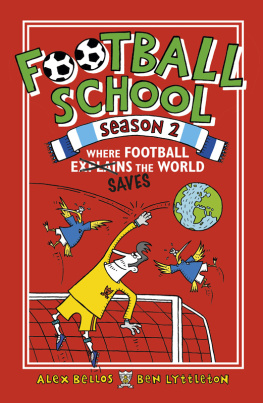

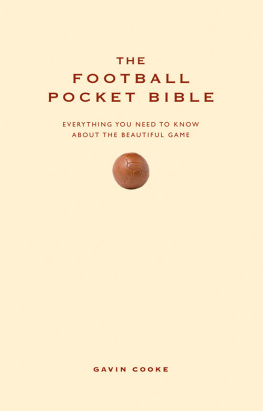





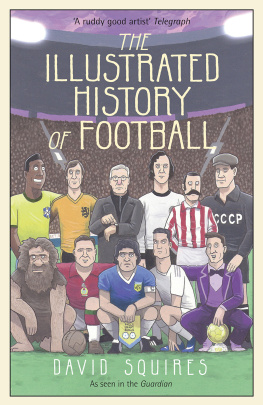
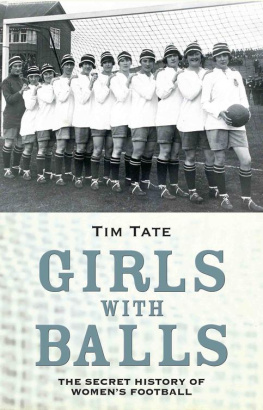
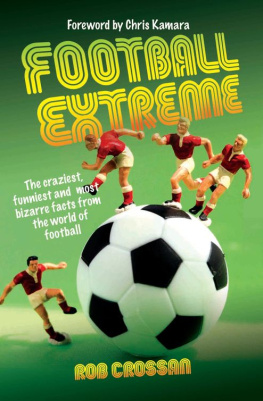
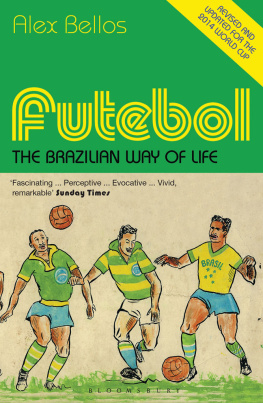











 Slower reaction times
Slower reaction times

